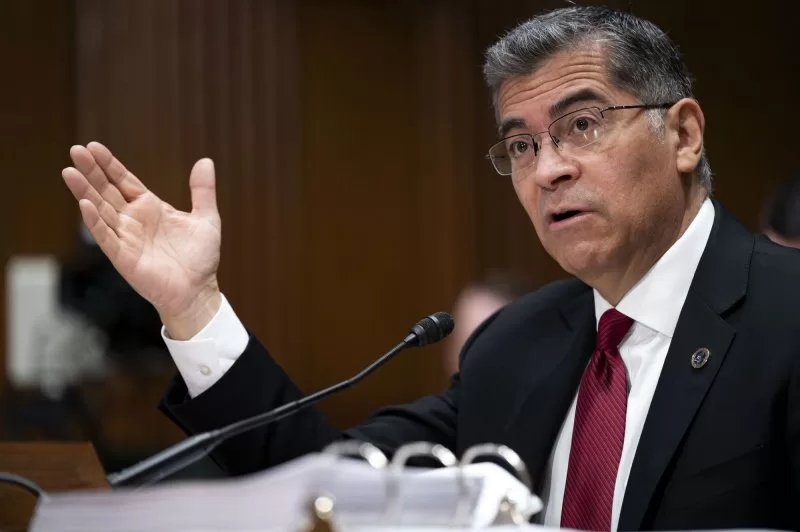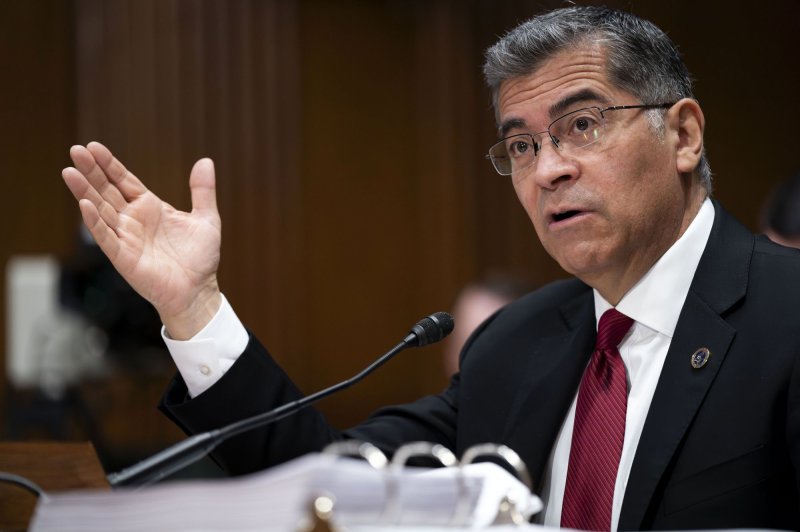The Biden administration Friday said a new final rule effective Nov. 1 will allow DACA migrants known as “dreamers” to get Affordable Care Act healthcare coverage. U.S. Secretary of Health and Human Services Xavier Becerra said the change will “strengthen the health and well-being of our nation.” File Photo by Bonnie Cash/UPI |
License PhotoMay 3 (UPI) — The Biden administration Friday expanded healthcare to Deferred Action for Childhood Arrivals migrants, removing a prohibition on Affordable Care Act eligibility, effective Nov. 1.
“Starting in November, DACA recipients can apply for coverage through HealthCare.gov and state-based marketplaces, where they may qualify for financial assistance to help them purchase quality health insurance,” the Biden administration said in a statement.
DACA refers to hundreds of thousands of migrants with undocumented parents brought to the United States as children.
According to the Biden administration, “Four out of five consumers have found a plan for less than $10 a month, with millions saving an average of about $800 a year on their premiums.”
The expansion was done using a rule that became final Friday to protect and strengthen the Affordable Care Act passed during the Obama administration.
The Biden administration first proposed the rule change making DACA recipients eligible for the healthcare plan in April last year.
The rule changes the definition of “lawful presence.”
“President Biden and Vice President Harris believe that healthcare should be a right, not a privilege,” the Biden administration statement said. “Together, they promised to protect and strengthen the Affordable Care Act, lowering costs and expanding coverage so that every American has the peace of mind that health insurance brings. Today’s final rule delivers on the President’s commitment by giving DACA recipients that same peace and opportunity.”
In a press call Thursday Health and Human Services Secretary Xavier Becerra said, “DACA recipients are currently three times more likely to be uninsured than the general U.S. population, and individuals without health insurance are less likely to receive preventative or routine health screenings. They delay necessary medical care, and they incur higher costs and debts when they do finally see care.”
He added that providing healthcare to that population “will strengthen the health and well-being of our nation.”
Republicans opposed the healthcare law.
By 2017 Republicans had tried and failed to repeal the Affordable Care Act at least 70 times since it was passed, according to Newsweek.
The Trump administration tried to repeal it that year, but failed.
The White House said in January that the program had reached a “major milestone” with more than 20 million people signing up.
The law provides discounted healthcare plans based on income and is not dependent on employer-supplied coverage.

